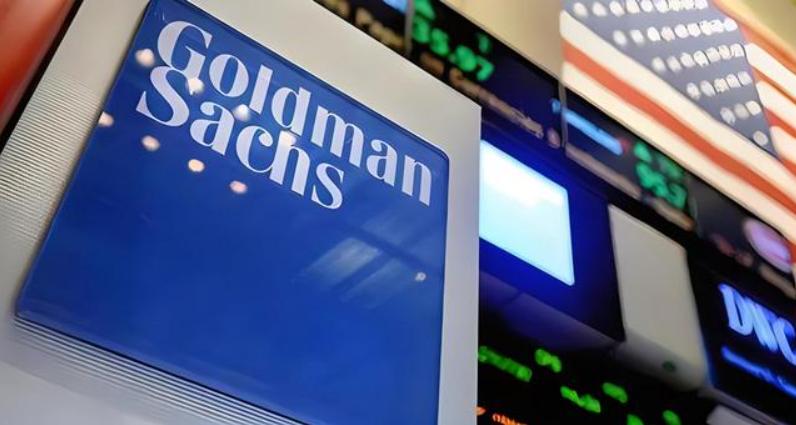
Since 2024, the pace of growth and inflation in economies around the world has varied, and monetary policies have diverged. This week, global markets will mark the last "Super Central bank week" of the year. At least six central banks, including the Federal Reserve, the European Central Bank and the Bank of England, will announce their latest interest rate decisions this week. Among them, whether the Bank of England will follow the European Central Bank to cut interest rates has become the biggest suspense in the market, and France in the vortex is also about to release the latest PMI data. The Swiss National Bank cut its benchmark interest rate by 25 basis points to 1.25 per cent. Previously, many investors and economists predicted that because of the slowdown in the anti-inflation process, the central bank almost stayed on hold, and the SNB will probably keep interest rates unchanged, but the SNB has taken some unexpected steps.
In March, the SNB cut interest rates, becoming the first major central bank to start easing. The global reappearance of the "Super Central bank week" has had a multi-faceted impact on the global economy and financial markets. First, the monetary policy differentiation has intensified and the market uncertainty has increased. The Swiss Bank has chosen to cut interest rates, while the Bank of England and Norges Bank have chosen to maintain interest rates unchanged, which further highlights the divergence of monetary policies in the world's economies. This divergence reflects the differences in economic and inflationary pressures facing different countries. While the Swiss National Bank's decision to cut interest rates was in line with market expectations, the Bank of England's decision to keep interest rates unchanged was very unexpected and added to market uncertainty. This uncertainty could lead investors to be more cautious in asset allocation, which in turn could affect market movements.
Second, changes in capital flows and volatility in financial markets, and the SNB's decision to cut interest rates may lead to capital flows to assets seeking higher returns, such as stocks and other financial markets. Leaving rates unchanged by the Bank of England could cause capital to stay in Britain or move to other countries with looser monetary policy. At the same time, against the backdrop of global capital seeking to reallocate, financial markets are likely to experience greater volatility due to increased uncertainty about monetary policy. More stable market growth potential has become an important factor in attracting global capital, so investors need to pay close attention to the monetary policy dynamics of central banks, as well as the global economy and financial markets, in order to make more informed investment decisions.
The third is the adjustment of inflation expectations and the impact of the global economic outlook, the Swiss National Bank in the decision to cut interest rates at the same time lowered inflation expectations, which may lead the market to adjust inflation expectations in other economies. Changes in inflation expectations will directly affect the monetary policy decisions of central banks, and the timing of this "Super Central bank week" once again reflects many uncertainties in the global economy, which will affect the monetary policy decisions of central banks, and then affect the trend of the global economy and financial markets.
To sum up, the global reappearance of the "Super Central Bank Week" has had a multi-faceted impact on the global economy and financial markets, including the intensification of monetary policy differentiation, increased market uncertainty, changes in capital flows, adjustment of inflation expectations, global economic outlook, and financial market volatility. The global reappearance of "Super Central Bank Week" is an important economic event that involves central banks in multiple countries and regions announcing their monetary policy decisions at the same or similar time periods. Investors need to pay close attention to these changes in order to make more informed investment decisions.

In the early hours of January 3, 2026, flames in the Caribbean Sea pierced the dawn, and the U.S. military operation against Venezuela sent shockwaves around the world.
In the early hours of January 3, 2026, flames in the Caribb…
As 2026 begins, the euro area economy remains mired in a "w…
According to Xinhua News Agency, the Ministry of Agricultur…
Recently, the United States launched a military raid on Ven…
On January 3, 2026 local time, the US military launched a m…
On January 3, 2026, the United States staged a shocking glo…